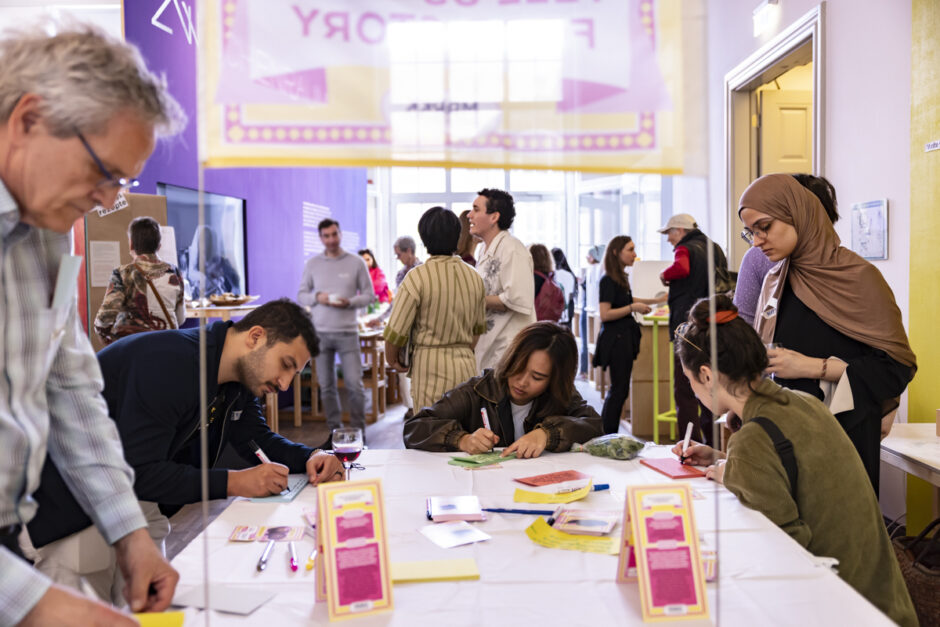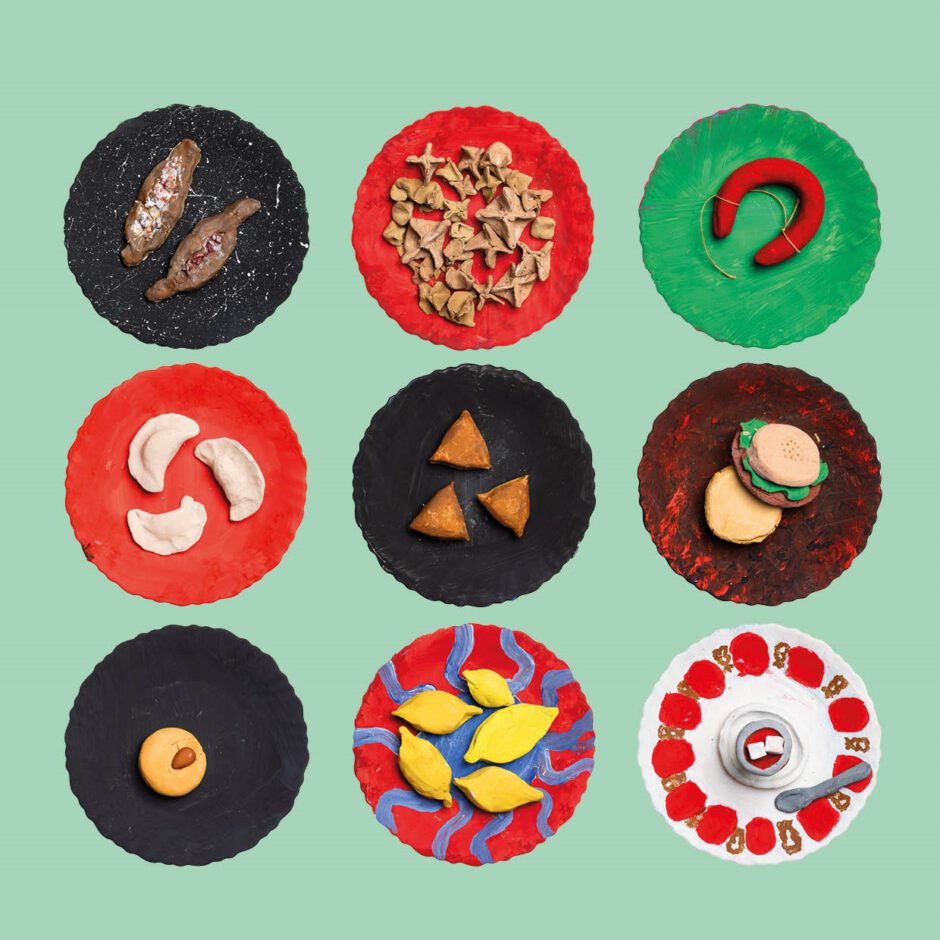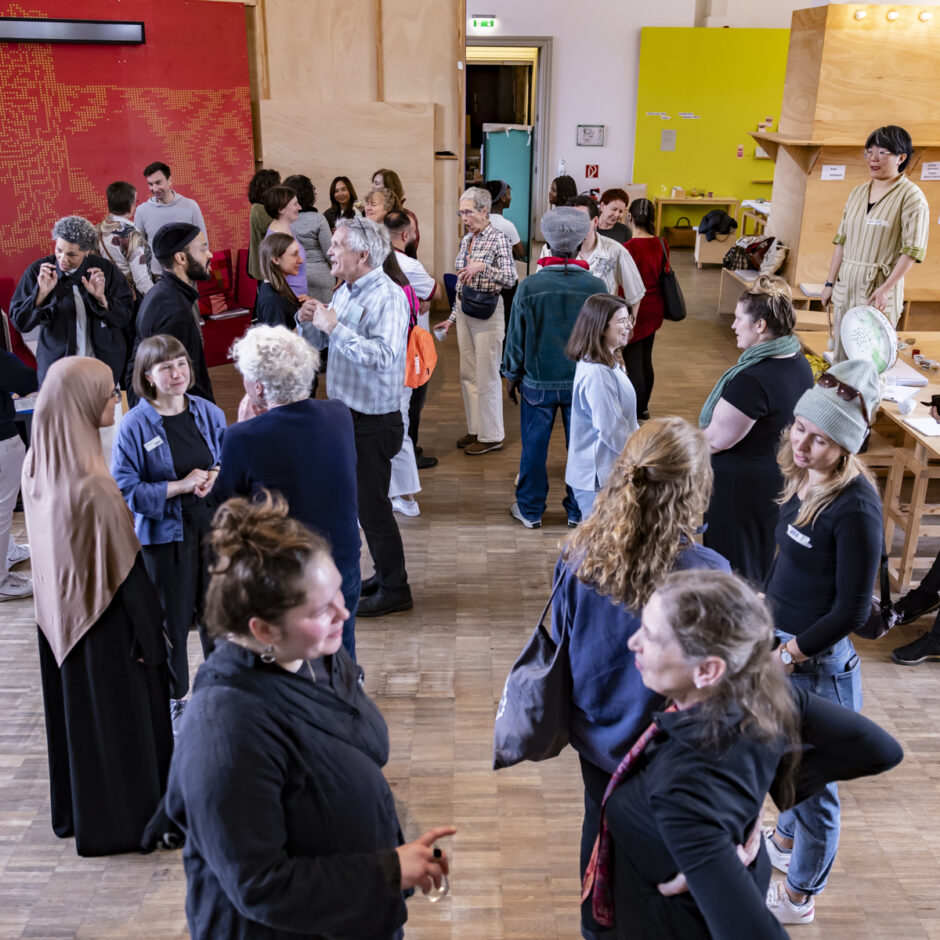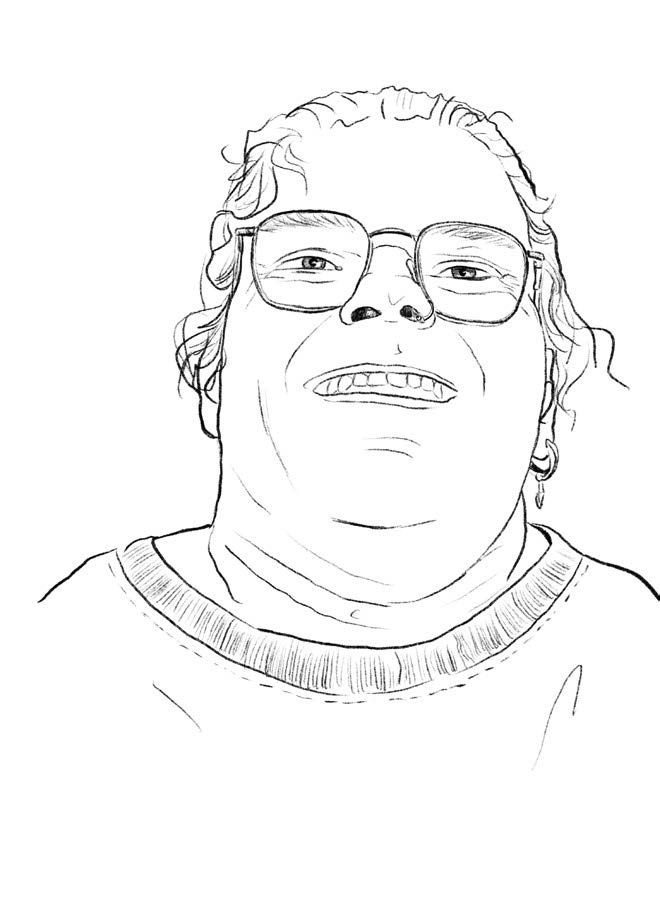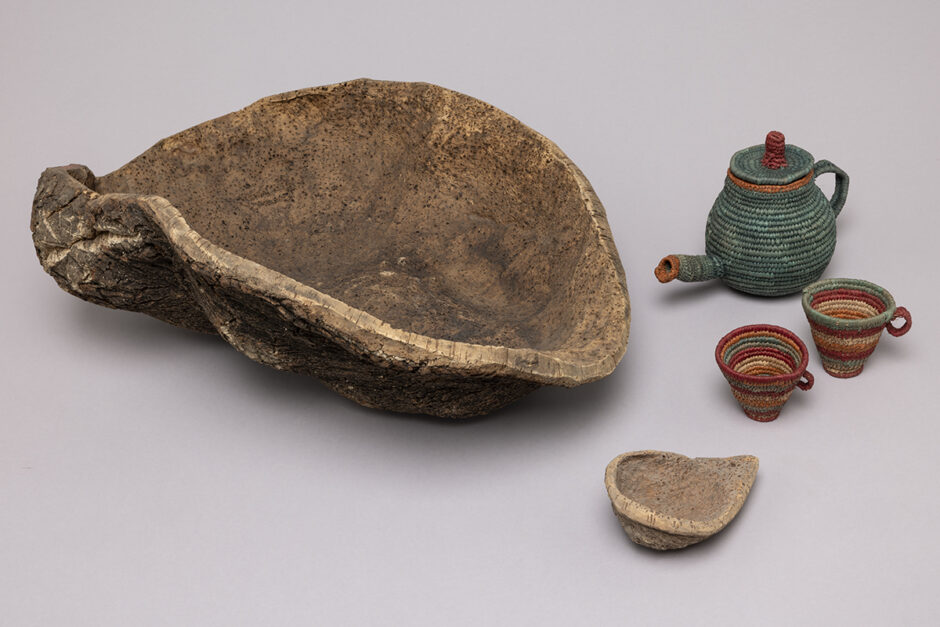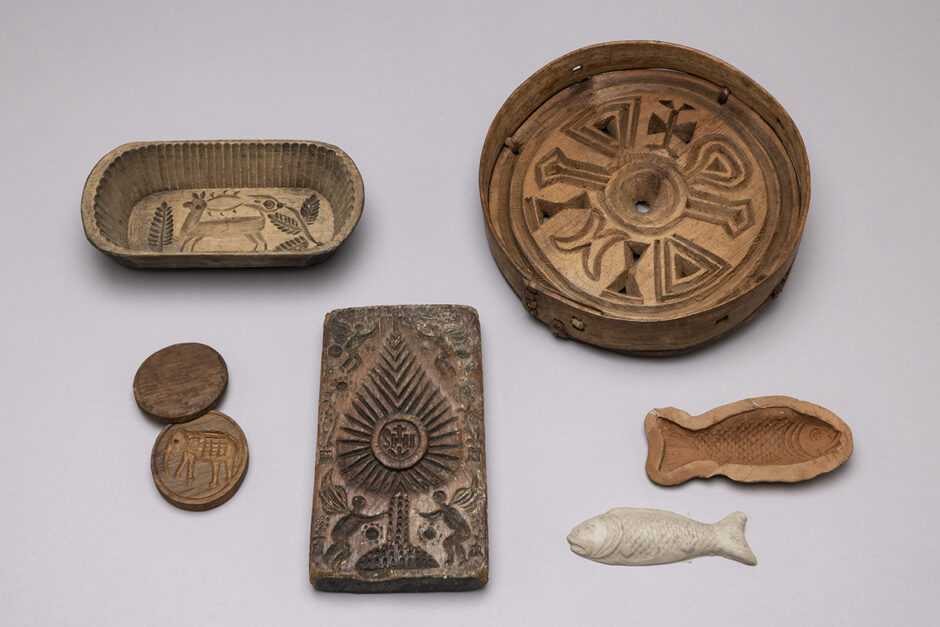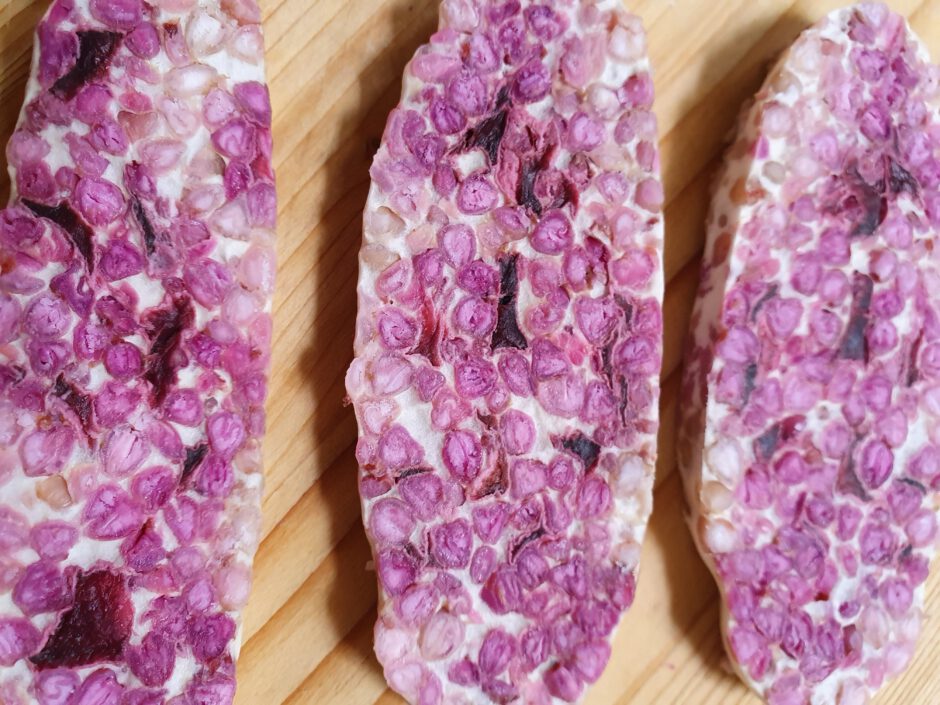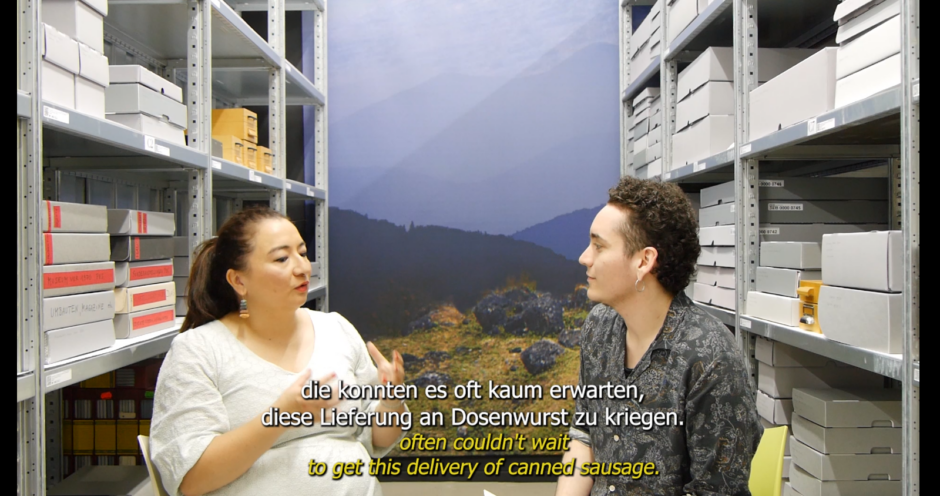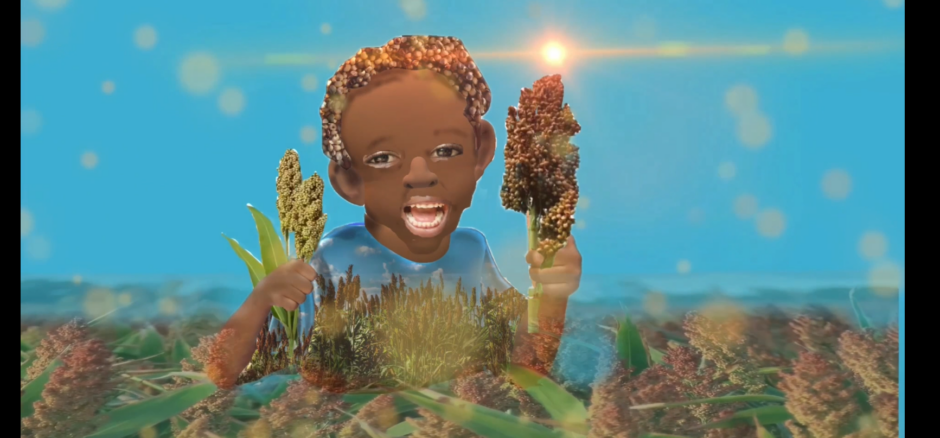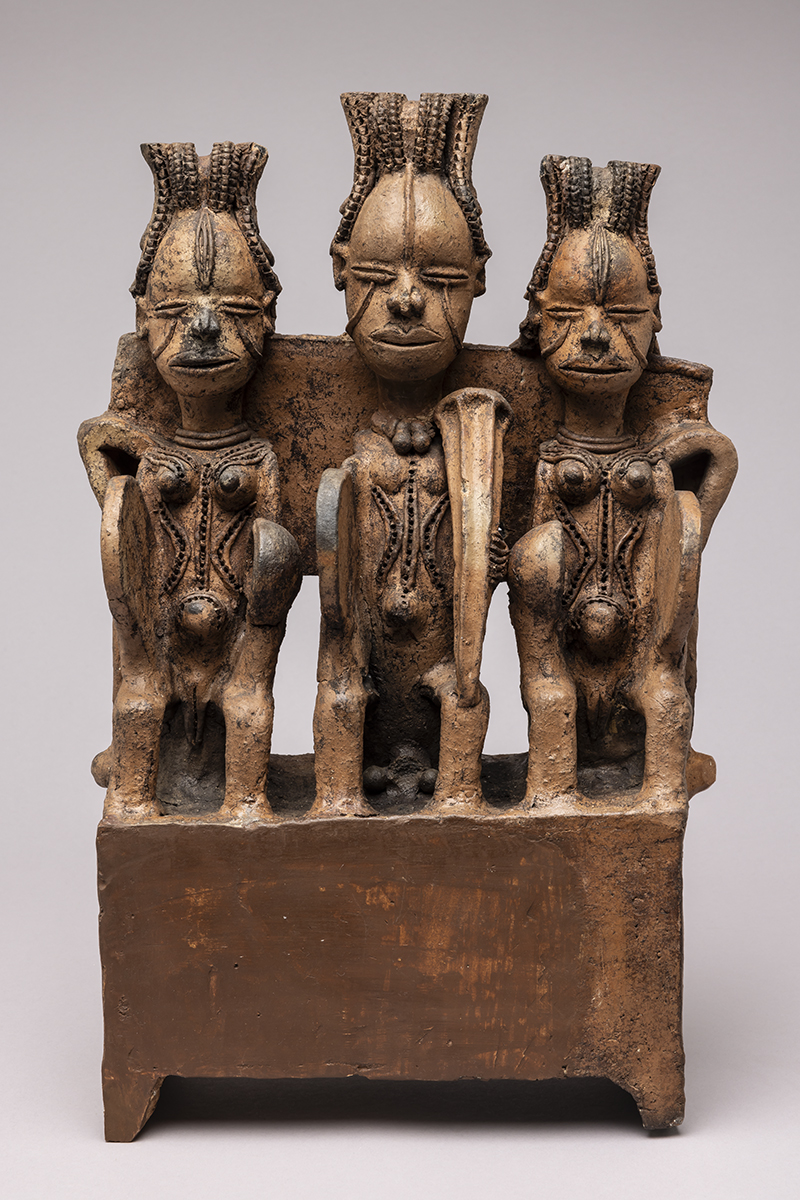A Thousand Pots – What Food Means to Us
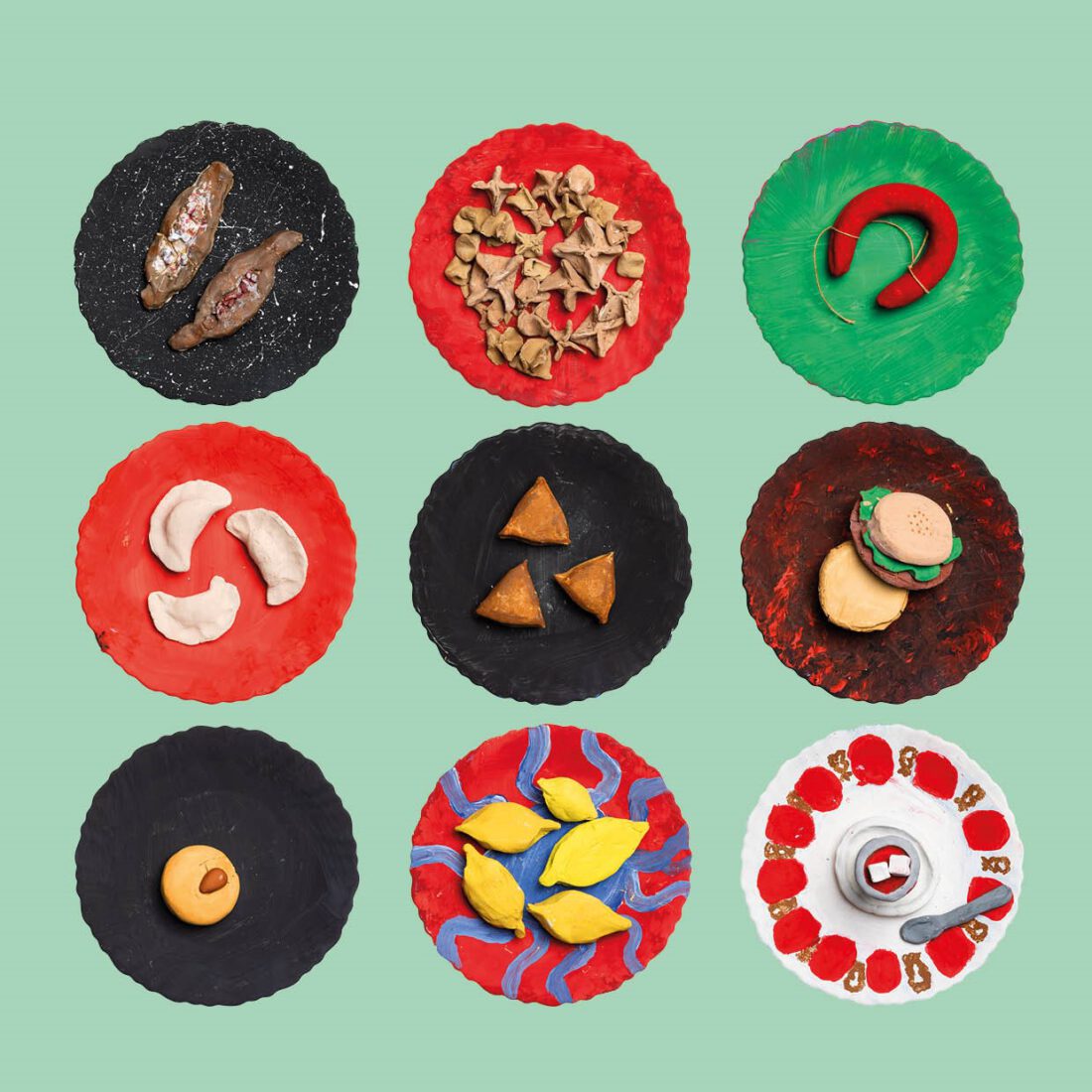
How and what we eat concerns us all in different ways. To explore this, the MARKK worked with around fifty Hamburg citizens from various backgrounds and life experiences, who shared their expertise and stories with the museum.
In this outreach exhibition the participants talk about how beautiful and painful memories, relationships or even exclusion are expressed in dishes and flavors, or about how the food supply and eating habits have changed as a result of migration. The exhibition shows poems, photographs, videos, memorabilia, and interviews and sets them in dialogue with a selection from the museum’s collection. Eating utensils, food containers for storage as well as transportation or food samples offer insights into associated colonial histories as well as European eating and body norms, but also to alternative forms of knowledge about what is healthy and how to grow food sustainably. This synopsis opens up surprising perspectives, presents works from the museum’s collection that have rarely been shown before and makes the personal and political levels of food tangible.
The experimental and participatory exhibition is part of an outreach program and and follows the aim of further opening up the museum to Hamburg’s diverse urban society.
Supported by the Ministry of Culture and Media of the Free and Hanseatic City of Hamburg and the Mara and Holger Cassens Foundation, and the 360° – Funds for the Cultures of the Novel Urban Society supported by the Federal Culture Foundation of Germany.
Funded by

![]()

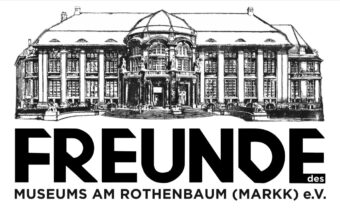
Cultural Partner

Catalogue
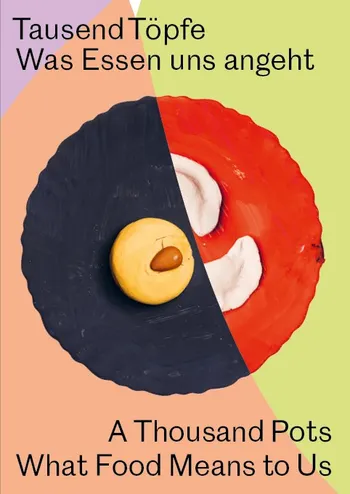
© MARKK
Editors: Lara Selin Ertener, Noam Gramlich
Binding: Softcover
Publisher: MARKK Hamburg
Pages: 132
Publishing date: 2024
Language: German/English
ISBN: 978-3-944193-31-1
